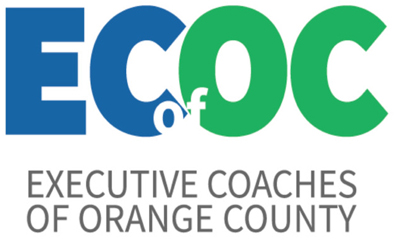
Benefits of an Executive Coach
Having an executive coach can be highly beneficial for leaders, as it provides them with valuable guidance, support, and development opportunities. Here are some reasons why it is important for a leader to have an executive coach:
1. Self-awareness: An executive coach helps leaders gain a deeper understanding of themselves, including their strengths, weaknesses, values, and blind spots. This increased self-awareness allows leaders to better understand their impact on others and make necessary adjustments to their leadership style.
2. Personal and professional growth: A coach assists leaders in setting meaningful goals and developing strategies to achieve them. They provide valuable feedback and challenge leaders to step outside their comfort zones, helping them grow both personally and professionally.
3. Objective perspective: An executive coach offers an unbiased and objective perspective on a leader’s actions, decisions, and behaviors. They can provide honest feedback, challenge assumptions, and offer alternative viewpoints, enabling leaders to see situations from different angles and make better-informed choices.
4. Accountability: A coach holds leaders accountable for their commitments and goals. They help leaders stay focused, track progress, and ensure they are taking the necessary steps to achieve their objectives. This accountability fosters discipline and motivation, leading to greater success.
5. Leadership development: Executive coaches provide leaders with valuable tools, techniques, and strategies to enhance their leadership skills. They can help leaders improve their communication, delegation, conflict resolution, decision-making, and other essential leadership competencies.
6. Emotional support: Leadership can be lonely and challenging, and an executive coach serves as a trusted confidant and sounding board. They provide a safe space for leaders to share their concerns, fears, and frustrations, offering emotional support and guidance to navigate difficult situations effectively.
7. Enhanced performance: Through ongoing coaching, leaders can optimize their performance and achieve higher levels of success. Coaches help leaders identify and leverage their strengths, overcome obstacles, and develop strategies to maximize their potential.
8. Succession planning and career development: An executive coach can assist leaders in succession planning and preparing for future roles within the organization. They can help identify areas for development, create a roadmap for career growth, and support leaders in their transition to higher positions.
Overall, an executive coach plays a crucial role in supporting leaders’ growth, enhancing their effectiveness, and helping them achieve their goals. By providing guidance, feedback, and support, an executive coach empowers leaders to become the best versions of themselves and drive positive change within their organizations.
Nonprofit Management and Leadership Coaching Process
A major drawback of coaching is that you must be a proactive participant in order to get the benefit. All you have to do with a book is read it. All you have to do with a training session is attend and listen. For coaching to work, you must take the initiative in every coaching session, presenting any unresolved nonprofit management and leadership issues to your coach. This provides the basis for discussion and resolution in each session.
If you only occasionally have a situation where you are concerned that your planned approach may not be optimal, or you are not comfortable exposing your managerial concerns and uncertainties to a coach, then Executive Coaching is probably not a good fit for you.
One way that our coaches work well with clients is to address a client’s goal to increase the capacity or performance of his or her organization. Each coaching session starts by reviewing what worked well and not so well since the last session. The coach and the manager then work together to plan the next nonprofit management and leadership steps. Coaches frequently document these “agreed upon next steps” in a follow-up email. That email becomes a guide for the next coaching session.
Managers who are not working to increase their organization’s capacity or performance, or do not want to work with a coach on the process, may not be good coaching prospects.
Another way that coaches and clients work effectively together is by addressing the issue de jour. The primary intent of a coaching arrangement may be to focus on a client’s performance improvement goals, but managers frequently encounter new nonprofit management and leadership issues from unexpected sources that consume their attention until resolved. When a client trusts and respects their Executive Coach, they will want their coach’s thoughts on these situations. When that happens, they have a real success story!
